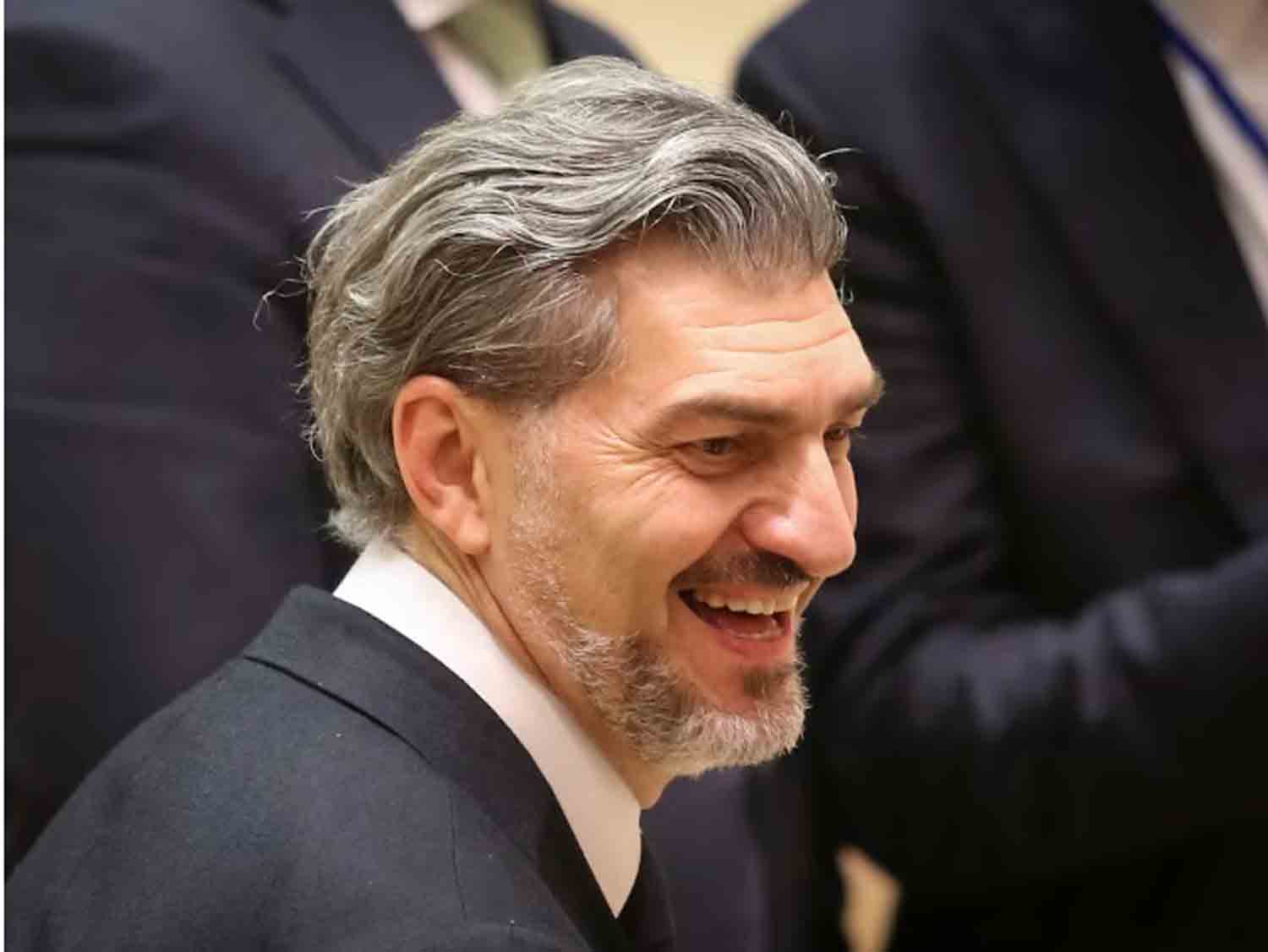Georgian lawmakers appointed Mikheil Kavelashvili, a staunch critic of the West, as the new president on Saturday, positioning him to succeed a pro-Western leader amid significant protests against the government following the suspension of the country’s European Union accession talks last month.
The ruling Georgian Dream party‘s decision to pause the EU accession process until 2028 has sparked considerable outrage in Georgia, as this move abruptly halts a long-cherished national objective enshrined in the constitution. Public sentiment strongly favors EU membership, according to opinion polls.
Kavelashvili, a former professional soccer player, is known for his vehemently anti-Western and often conspiratorial rhetoric. In his public addresses this year, he has consistently claimed that Western intelligence agencies are attempting to provoke Georgia into conflict with Russia.
The election of Georgian presidents is conducted by a college of electors, which includes members of parliament and local government representatives. Out of 225 electors present, 224 cast their votes for Kavelashvili, who was the sole candidate nominated.
All opposition parties have been boycotting parliament since the October elections, where official results indicated that the ruling Georgian Dream party secured nearly 54% of the vote, a result the opposition contests as fraudulent.
Ahead of the presidential vote, hundreds of protesters gathered outside parliament in light snowfall. Some engaged in soccer games in the street and displayed red cards towards the parliament building, a playful nod to Kavelashvili’s background in athletics.
Kavelashvili was nominated for the largely ceremonial presidency last month by Bidzina Ivanishvili, a billionaire former prime minister regarded as the dominant figure in the country. Kavelashvili leads People’s Power, an anti-Western faction of the ruling party, and was instrumental in drafting a law concerning “foreign agents.” This legislation mandates that organizations receiving over 20% of their funding from abroad register as foreign influence agents, imposing significant penalties for non-compliance.
Outgoing President Salome Zourabichvili, a pro-EU critic of the ruling Georgian Dream party, has positioned herself as a leader of the protest movement and has declared her intention to remain in office after her term concludes. She deems the parliament illegitimate due to alleged electoral fraud in the October elections. Opposition parties have stated they will continue to recognize Zourabichvili as the legitimate president, even following Kavelashvili’s inauguration on December 29.
Deteriorating Relations with the West
For decades, Georgia has been viewed as one of the most pro-Western and democratic nations among the former Soviet states. However, this year has seen a decline in relations with the West, as the Georgian Dream party has pushed through laws regarding foreign agents and LGBT rights, which critics argue are influenced by Russian policies and are excessively harsh. Western nations have expressed concern over Georgia’s apparent shift in foreign policy and authoritarian tendencies, with the EU warning of potential sanctions in response to the suppression of protests. In a video message to the Georgian people released on Friday, French President Emmanuel Macron stated, “Georgia’s European dream must not be extinguished.”
Since the onset of the conflict in Ukraine, the Georgian Dream party has sought to strengthen its relationship with Russia, which governed Georgia for two centuries until 1991, continues to support two separatist regions, and engaged in a brief war with Georgia in 2008.
For over two weeks, tens of thousands of demonstrators have gathered outside the parliament each night. Some protesters have launched fireworks at law enforcement, who have responded with water cannons, tear gas, and rubber bullets to disperse the crowds.
The government has consistently claimed that the protests are an effort to instigate a pro-European Union revolution and a violent takeover of power. Law enforcement has arrested hundreds of demonstrators, and Georgia’s interior ministry has reported that over 150 police officers have sustained injuries during the unrest.
On Friday, the parliament enacted extensive new regulations on protests, increasing fines for both participants and organizers, and prohibiting face coverings, fireworks, and lasers that could be used to distract police officers.
Discover more from Defence Talks | Defense News Hub, Military Updates, Security Insights
Subscribe to get the latest posts sent to your email.





